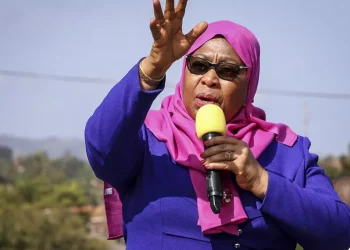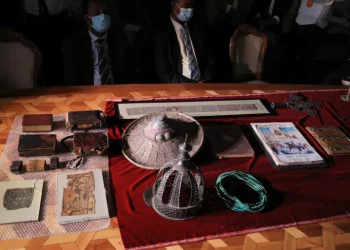The Cyan Boujee scandal has thrust one of South Africa’s most-followed influencers into the spotlight after she apologised for promoting a controversial Russian job programme. Honour Zuma, known online as Cyan Boujee, faced fierce criticism after her videos advertising overseas jobs for young women went viral.
The 24-year-old TikTok star, with 1.7 million followers, described the opportunity as a “fresh start” for women aged 18 to 22. She claimed participants would be taught Russian and given jobs in Tatarstan. But reports soon surfaced linking the programme to drone production factories used in Russia’s war in Ukraine.
Public Apology After Uproar
Following widespread backlash and warnings from the South African government, Cyan deleted the promotional clips from her platforms. Speaking to her nearly one million Instagram followers, she admitted she had made a serious mistake:
“Immediately when I saw the comments… I knew this is not something I stand with. Human trafficking is a very, very serious matter. I knew this was something I had to delete immediately, I didn’t care about the money,” she said.
She called the experience a “huge learning curve” for herself and other influencers who had promoted the same scheme.
Government and Public Response
South Africa’s Deputy Justice Minister, Andries Nel, condemned the videos and warned citizens about the dangers of “unverified job opportunities overseas.” He cautioned that such schemes often hide serious risks of exploitation and human trafficking.
The government has launched an investigation into the programme, which has been traced back to a special economic zone in Tatarstan, where weapons and drones are reportedly produced. A report by the Global Initiative Against Transnational Organized Crime noted that recruits were enticed “under false pretences” and most ended up working in drone production or support roles.
Social Media Fallout
The Cyan Boujee scandal has ignited heated debate across South Africa. A petition calling on influencers to use their platforms to raise awareness of trafficking dangers is gaining traction online. Many young South Africans, struggling with unemployment, said they initially viewed the Russian jobs as a lifeline before learning of the risks.
Cyan has pledged that such a mistake “will not be repeated,” but the controversy has highlighted the power—and responsibility—of influencers in shaping public opinion and affecting vulnerable communities.













